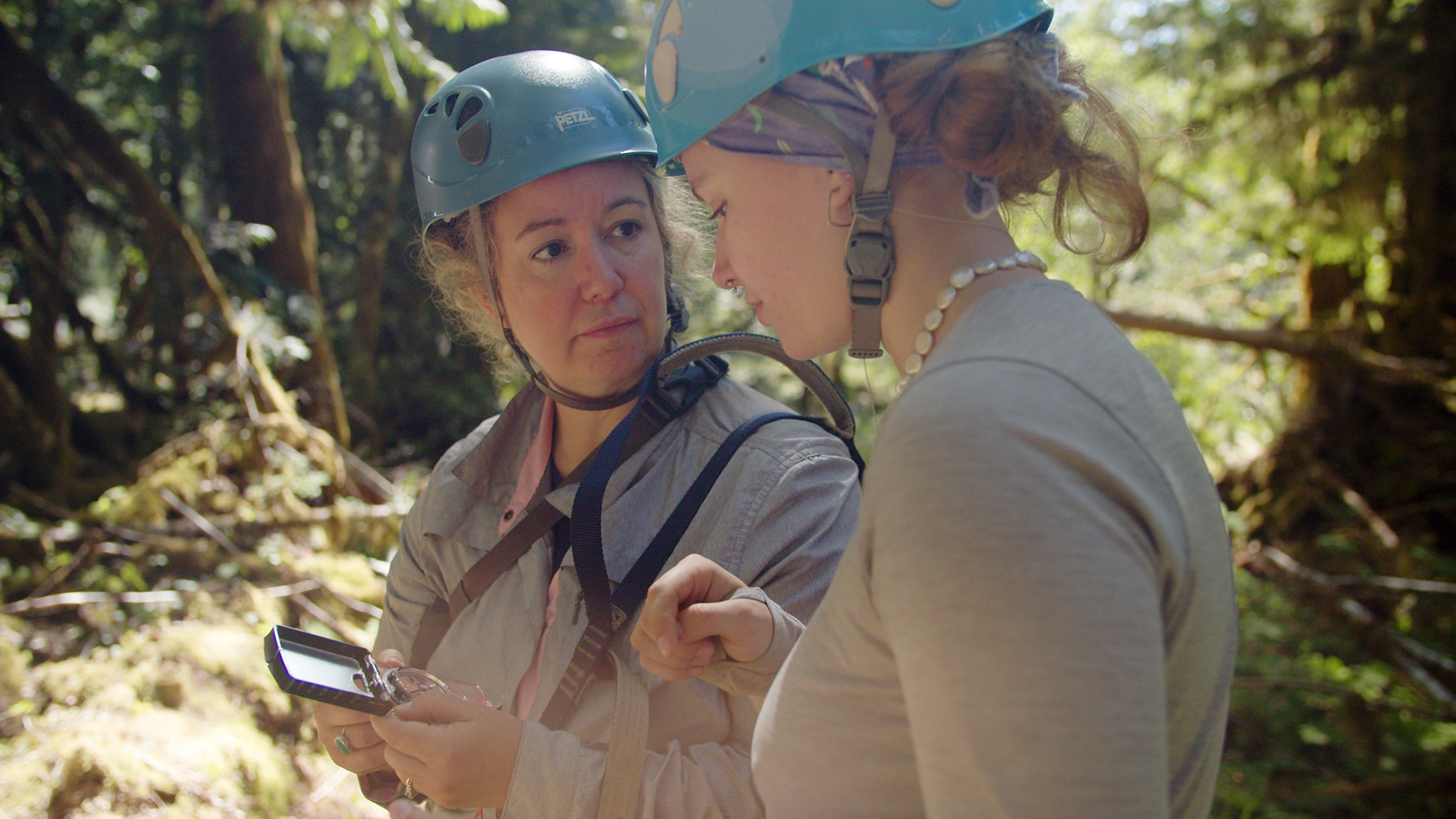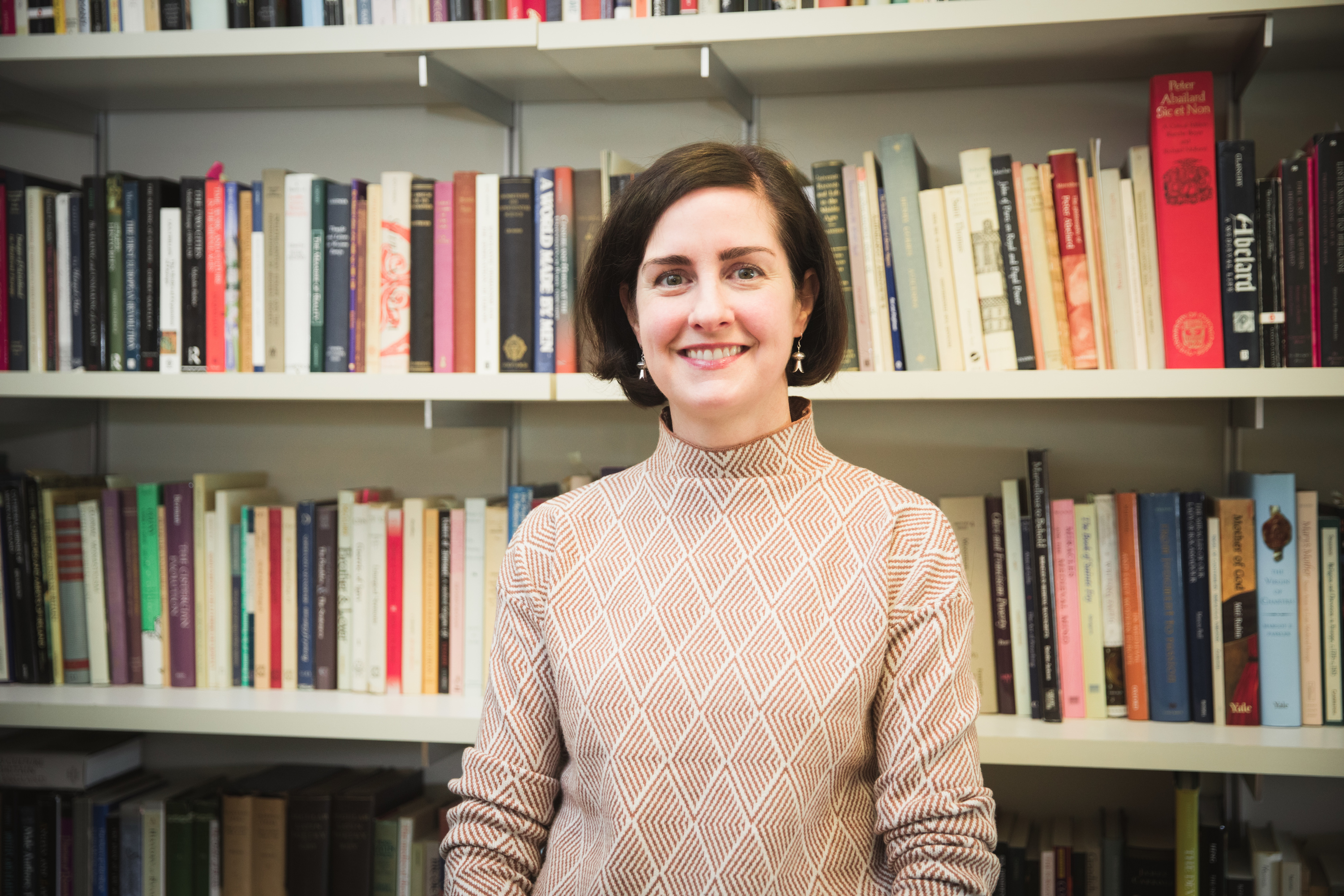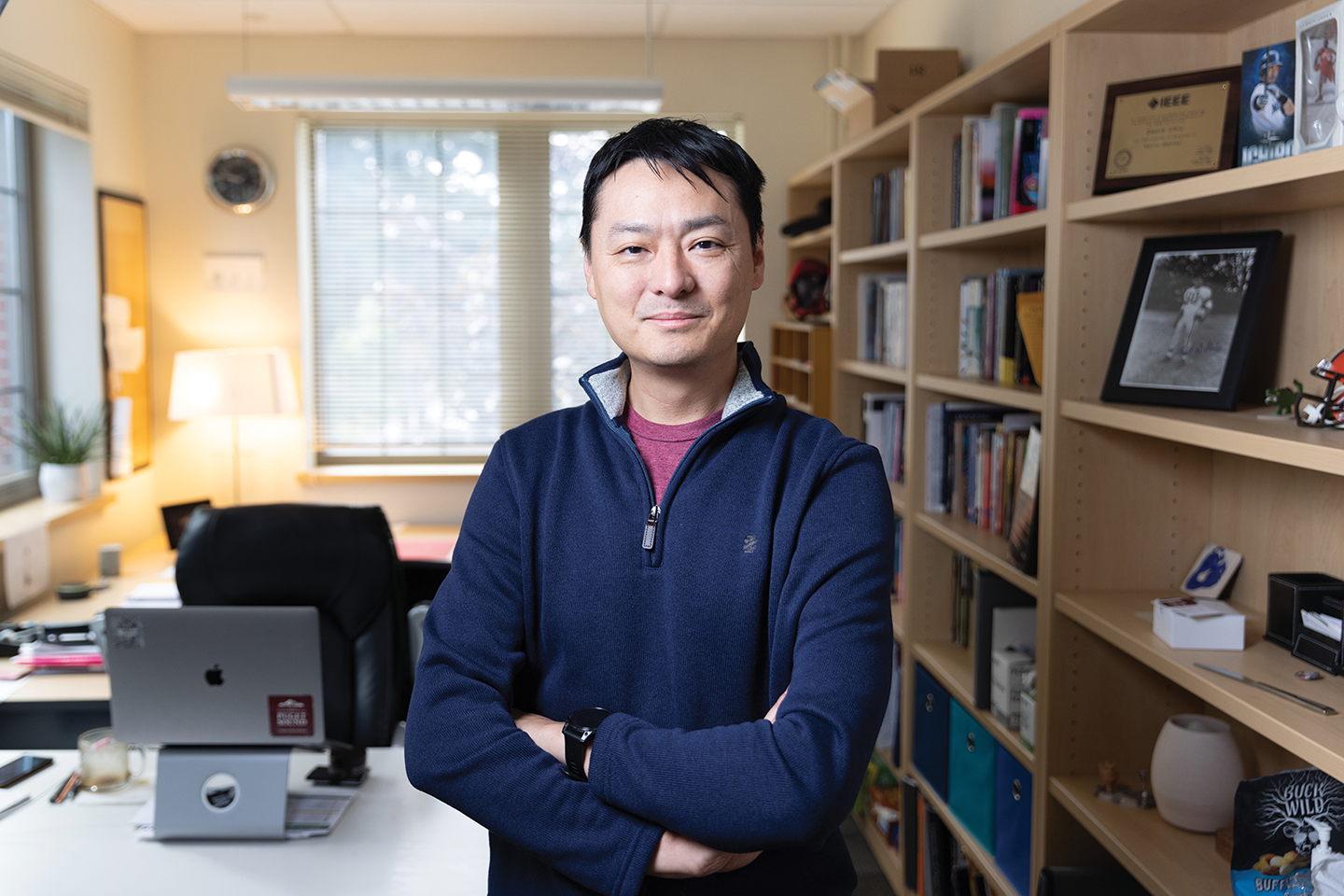The Promise and Pitfalls of Artificial Intelligence
Ariela Tubert, professor and chair of the Department of Philosophy, has long been interested in the ethics of artificial intelligence. Since 2022, Tubert and her spouse, fellow philosophy prof Justin Tiehen, have shared the James M. Dolliver National Endowment for the Humanities distinguished professorship to study the intersection of humanities and artificial intelligence. Last August, the couple was awarded an NEH grant to complete their book, Robot Existentialism: Artificial Intelligence and the Limits of Rationality. We asked Tubert to explain the pros and cons of machine learning.

BEWARE OF BIASES
“A system created and trained on human data can amplify biases,” says Tubert. For instance, in 2018, when Amazon used machine learning to screen résumés, the system was trained on the data of those in similar tech jobs—who were overwhelmingly male. As a result, the recruiting tool gave low ratings to female applicants. (Amazon soon edited the system to avoid this issue.) Says Tubert: “Historical data is not ethically perfect.”
BOTS ARE NOT PEOPLE
As ChatGPT and other “large language models” become more sophisticated, computers are increasingly humanlike, which can be problematic—especially for young people. In the same way you might worry about people manipulating children, says Tubert, exchanges with chatbots can also be misleading: “Kids and even adults may not be able to recognize the places where things are going wrong.”
SEPARATE THE SERIOUS STUFF
Recently, therapy and life coaching have emerged as two new applications of AI technology. However, Tubert advises against seeking advice that’s too personal; nothing ever substitutes talking to a professional.
A FORCE FOR GOOD
Although AI still needs to address its own ethical concerns, there are ways it can help humans achieve their ethical goals. “It makes it easier to find information that satisfies one’s values,” says Tubert. For example, AI can quickly identify restaurants with vegetarian menus, local small businesses to support, or brands that are committed to net-zero emissions.
TOOLS TO TRY
ChatGPT comes in free and paid versions; other AI chatbots include Bard (by Google), Microsoft Copilot (formerly Bing Chat), and Claude (by Anthropic), which debuted in 2023.









